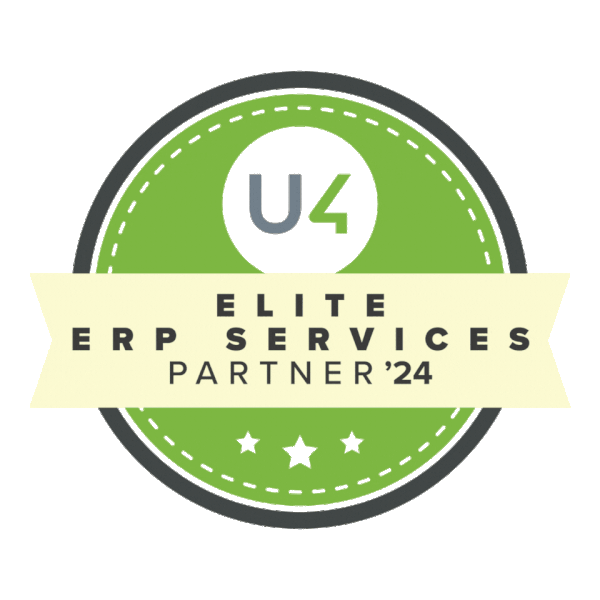Choosing between an on-premise ERP (Enterprise Resource Planning) system and a cloud-based ERP system depends on various factors, including the specific needs and circumstances of the business. Here's a comparison to help you evaluate both options:
1. Cost:
- On-premise ERP: Requires significant upfront investment in hardware, software licenses, implementation, and ongoing maintenance costs.
- Cloud ERP: Generally has a subscription-based pricing model, which may include implementation and maintenance costs. Upfront costs are typically lower, but long-term costs can accumulate over time.
2. Scalability:
- On-premise ERP: Scalability can be limited by the capacity of the hardware and software licenses purchased upfront. Scaling up requires additional investment in infrastructure.
- Cloud ERP: Offers greater scalability as resources can be easily scaled up or down based on demand. Businesses can adjust their subscription plans to accommodate growth or fluctuations in usage.
3. Accessibility:
- On-premise ERP: Access is limited to the physical location where the ERP system is installed. Remote access may be possible through VPNs or other remote access solutions but can be more complex to set up and maintain.
- Cloud ERP: Accessible from anywhere with an internet connection, enabling remote work and collaboration. Users can access the system through web browsers or mobile apps, providing greater flexibility.
4. Security:
- On-premise ERP: Businesses have direct control over the security measures implemented within their infrastructure. However, this requires expertise and resources to ensure robust security.
- Cloud ERP: Security measures are managed by the cloud provider, which may include data encryption, regular security updates, and compliance certifications. However, some businesses may have concerns about data privacy and reliance on third-party providers.
5. Maintenance and Updates:
- On-premise ERP: Businesses are responsible for maintaining and updating the ERP system, which can be time-consuming and requires specialized IT expertise.
- Cloud ERP: Updates and maintenance are typically managed by the cloud provider, reducing the burden on internal IT resources. This ensures that the system is always up-to-date with the latest features and security patches.
6. Customization:
- On-premise ERP: Offers greater flexibility for customization to meet specific business requirements. However, customization can be complex and may require extensive development work.
- Cloud ERP: Customization options may be more limited compared to on-premise solutions. However, many cloud ERP providers offer configurable solutions that allow businesses to adapt the system to their needs without extensive development work.
7. Backup and Disaster Recovery:
- On-premise ERP: Businesses are responsible for implementing backup and disaster recovery solutions to ensure data protection and continuity in case of emergencies.
- Cloud ERP: Backup and disaster recovery are typically built into the cloud infrastructure, providing automated backups and redundancy to minimize the risk of data loss.
Ultimately, the choice between an on-premise ERP and a cloud ERP depends on factors such as budget, scalability requirements, security considerations, and IT expertise within the organization. Some businesses may prefer the control and customization options offered by on-premise solutions, while others may prioritize the flexibility and accessibility of cloud-based solutions.
Come explore our extensive range of top-notch Cloud ERP products (Unit4 ERP, Unit4 ERPx) and comprehensive services (Unit4 ERP implementation, Unit4 ERP Training, and Unit4 ERP Support), cutting-edge business intelligence solutions Unit4 FP&A, and forward-thinking products (GCON4 MFL, GCON4 iConnect, and GCON4 Exchange Rates Loader) that perfectly complement the already remarkable Unit4 ERP and Unit4 ERPx. You won’t be disappointed!
Discover more about GCON4 and read the exceptional reviews from our satisfied clients.




